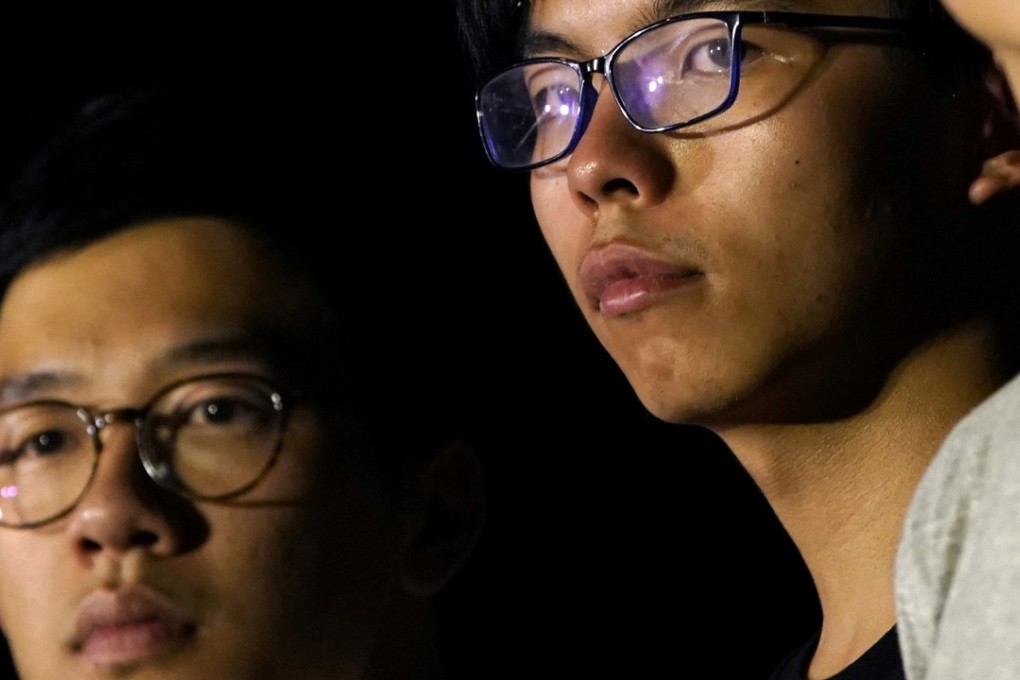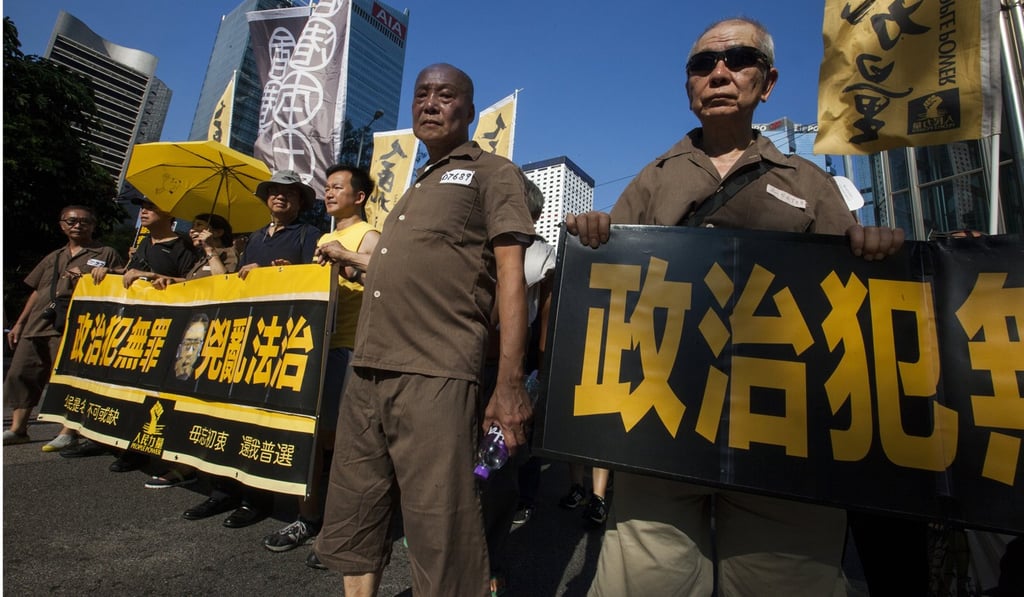Sympathy for jailed activists does not justify slurs on Hong Kong judiciary
Ronny Tong says while it is understandable that some people are unhappy with the court order of custodial sentences, the unproven accusations of bogus charges and political persecution must not be allowed to stand

She was referring to an incident where the defendants, after participating in a lawful rally, decided to rush security personnel, scale a fence, and storm and occupy a fenced-off square in front of the government offices. They also called on a large number of other people present to do the same. In the process, 10 security officers were injured. The commentator went on to suggest that the defendants should therefore be nominated for the Nobel Peace Prize.
The accusation of “bogus charges” cannot be further from the truth. At least everyone in Hong Kong, including the defendants themselves, knows it to be false. The incident was captured on camera by the media and, in any event, footage is widely available on the internet. Even the defendants eventually did not proceed with appealing against their conviction and accepted that they were guilty of an offence. The only dispute was over the nature and length of the sentences that could be appropriately imposed.
Watch: Joshua Wong rallies students to ‘retake’ Civic Square
The rule of law is the singularly most precious core value we have in Hong Kong
Plainly, there was nothing political about the Court of Appeal’s judgment. Quite the contrary; were the Secretary for Justice or the Court of Appeal to ignore these serious errors in law and refuse to intervene by reason of the defendants’ political background, both the secretary and the court would be failing in their duty and doing a serious disservice to the rule of law in Hong Kong. The scale of justice knows no favour of any political persuasion.
Nor is there any truth in the further suggestion that the Hong Kong government or the court is trying to restrict the freedoms of Hong Kong residents. Right at the outset, in the second paragraph of his judgment, the vice-president of the Court of Appeal affirmed that Hong Kong residents “enjoy the freedoms of assembly, speech, procession, demonstration and expression of opinions” under the Basic Law. These “basic freedoms” are “comprehensive and in no way lesser than the freedoms enjoyed by the people of other advanced and free societies”.
However, these freedoms are not absolute but are “subject to the supervision of the law”. “Hong Kong residents are obliged to observe the laws that are in force in Hong Kong, and the exercise of the rights conferred by law is by no means a reason or excuse for doing illegal acts,” he wrote.
Politics played no part in Hong Kong court’s decision to jail young activists
